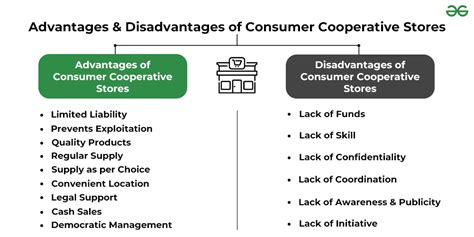Cooperative learning has been widely adopted in educational settings due to its numerous benefits, including improved academic achievement, enhanced social skills, and increased student engagement. However, like any teaching approach, cooperative learning is not without its drawbacks. In this article, we will explore five potential drawbacks of cooperative learning and discuss ways to mitigate these issues.
1. Social Loafing
One of the most significant drawbacks of cooperative learning is social loafing. Social loafing occurs when one or more group members do not contribute equally to the task, leaving others to pick up the slack. This can lead to resentment and frustration among group members who feel they are doing all the work.

To mitigate social loafing, teachers can establish clear expectations and roles for each group member. This can include assigning specific tasks or responsibilities to each member and setting clear goals and deadlines. Additionally, teachers can encourage group members to reflect on their contributions and provide feedback to one another.
Strategies to Prevent Social Loafing
- Establish clear expectations and roles for each group member
- Assign specific tasks or responsibilities to each member
- Set clear goals and deadlines
- Encourage group members to reflect on their contributions
- Provide feedback to one another
2. Dominance by Stronger Personalities
Another potential drawback of cooperative learning is the dominance of stronger personalities. When group members have strong personalities, they may dominate the discussion and decision-making process, leaving others feeling marginalized or unheard.

To mitigate this issue, teachers can encourage active listening and empathy among group members. This can include teaching group members how to paraphrase and summarize one another's ideas and providing opportunities for each member to share their thoughts and opinions.
Strategies to Encourage Active Listening
- Teach group members how to paraphrase and summarize one another's ideas
- Provide opportunities for each member to share their thoughts and opinions
- Encourage empathy and understanding among group members
- Use non-verbal cues to encourage participation from all group members
3. Inequitable Distribution of Work
Cooperative learning can also lead to an inequitable distribution of work among group members. When group members do not contribute equally to the task, it can lead to resentment and frustration among those who feel they are doing all the work.

To mitigate this issue, teachers can establish clear expectations and roles for each group member. This can include assigning specific tasks or responsibilities to each member and setting clear goals and deadlines. Additionally, teachers can encourage group members to reflect on their contributions and provide feedback to one another.
Strategies to Ensure Equitable Distribution of Work
- Establish clear expectations and roles for each group member
- Assign specific tasks or responsibilities to each member
- Set clear goals and deadlines
- Encourage group members to reflect on their contributions
- Provide feedback to one another
4. Lack of Accountability
Cooperative learning can also lead to a lack of accountability among group members. When group members do not feel personally responsible for their work, it can lead to a lack of motivation and effort.

To mitigate this issue, teachers can establish clear expectations and consequences for group members who do not contribute to the task. This can include providing regular feedback and assessments to group members and encouraging them to reflect on their contributions.
Strategies to Ensure Accountability
- Establish clear expectations and consequences for group members who do not contribute to the task
- Provide regular feedback and assessments to group members
- Encourage group members to reflect on their contributions
- Use peer assessment and feedback to promote accountability
5. Time-Consuming
Finally, cooperative learning can be time-consuming, particularly when group members have different work styles and learning preferences.

To mitigate this issue, teachers can establish clear expectations and roles for each group member and provide regular feedback and assessments to group members. Additionally, teachers can encourage group members to reflect on their contributions and provide feedback to one another.
Strategies to Manage Time Effectively
- Establish clear expectations and roles for each group member
- Provide regular feedback and assessments to group members
- Encourage group members to reflect on their contributions
- Use time-management strategies, such as setting clear goals and deadlines





What is cooperative learning?
+Cooperative learning is a teaching approach that involves students working together in small groups to achieve a common goal.
What are the benefits of cooperative learning?
+The benefits of cooperative learning include improved academic achievement, enhanced social skills, and increased student engagement.
How can I prevent social loafing in cooperative learning?
+To prevent social loafing, establish clear expectations and roles for each group member, assign specific tasks or responsibilities to each member, and set clear goals and deadlines.
In conclusion, while cooperative learning has numerous benefits, it is not without its drawbacks. By being aware of these potential drawbacks and using strategies to mitigate them, teachers can create an effective and engaging learning environment for their students.
